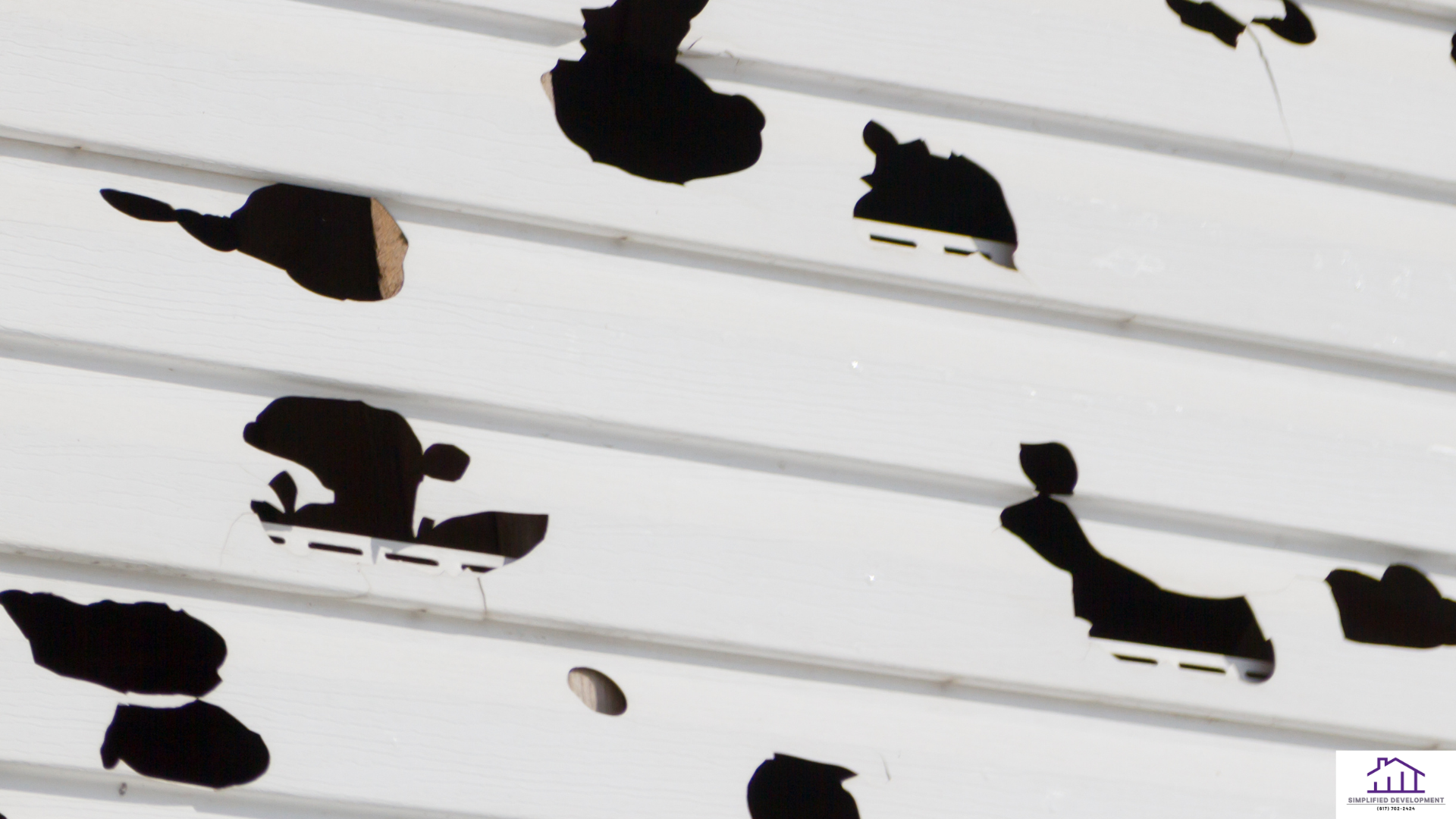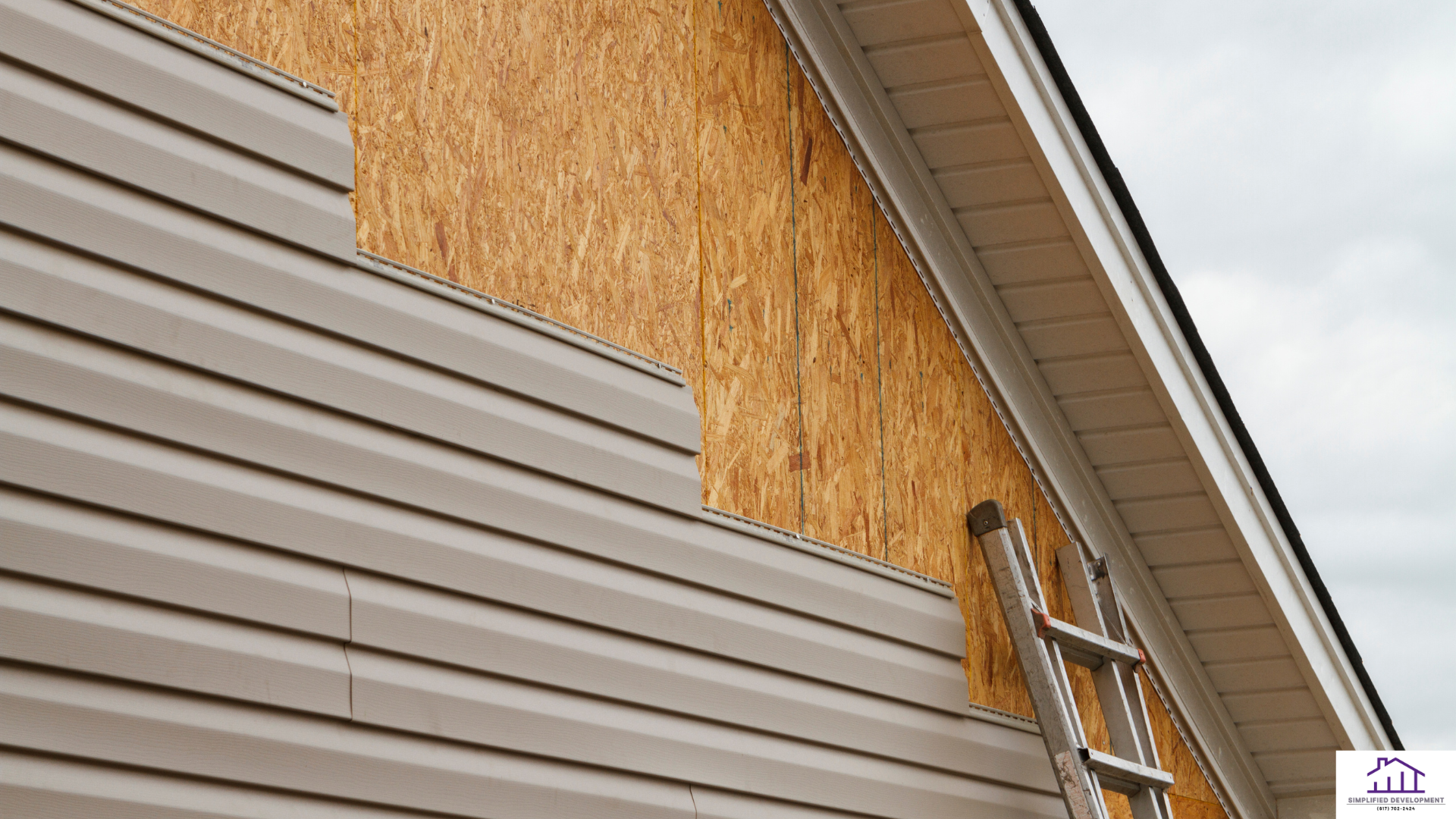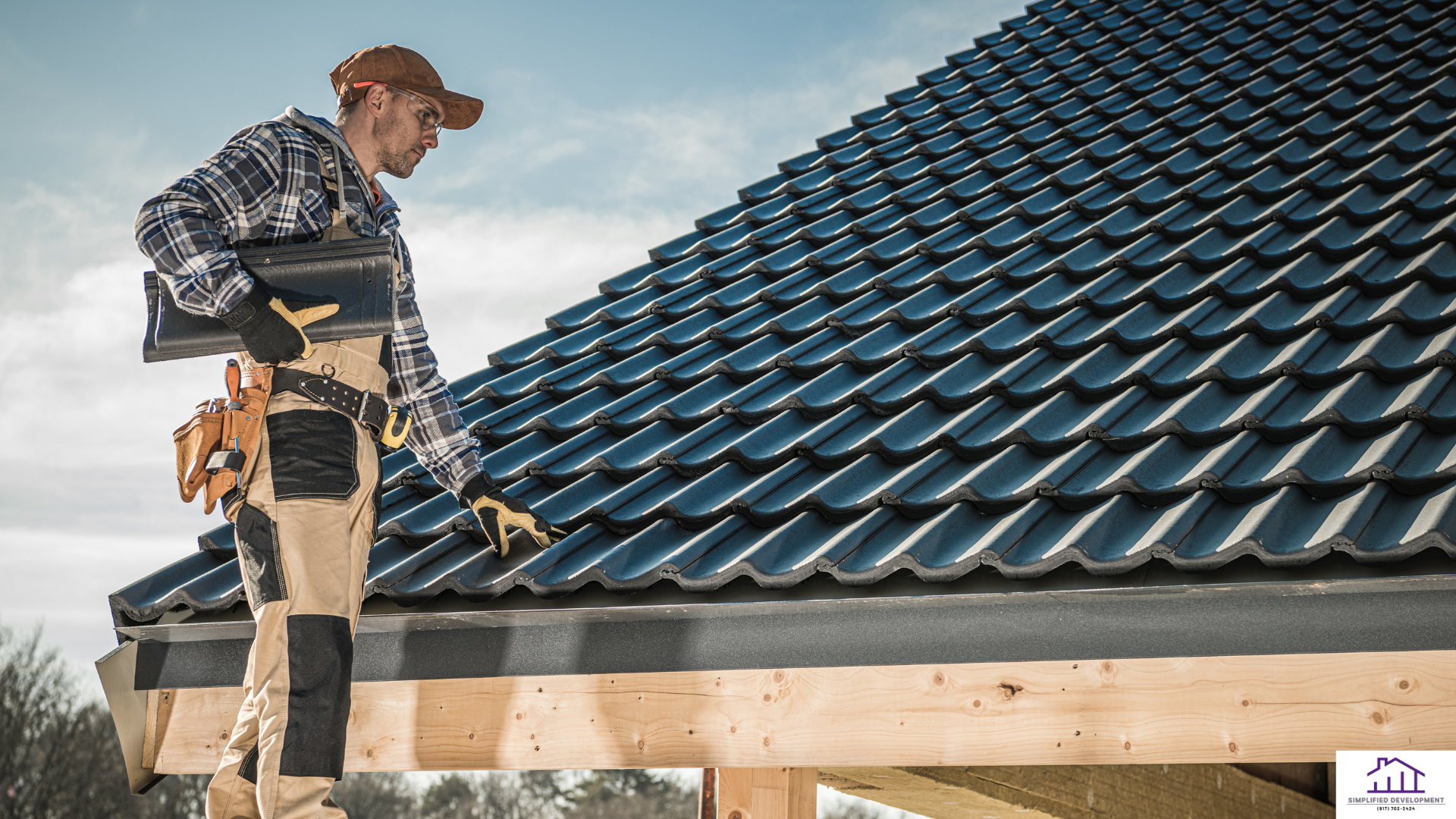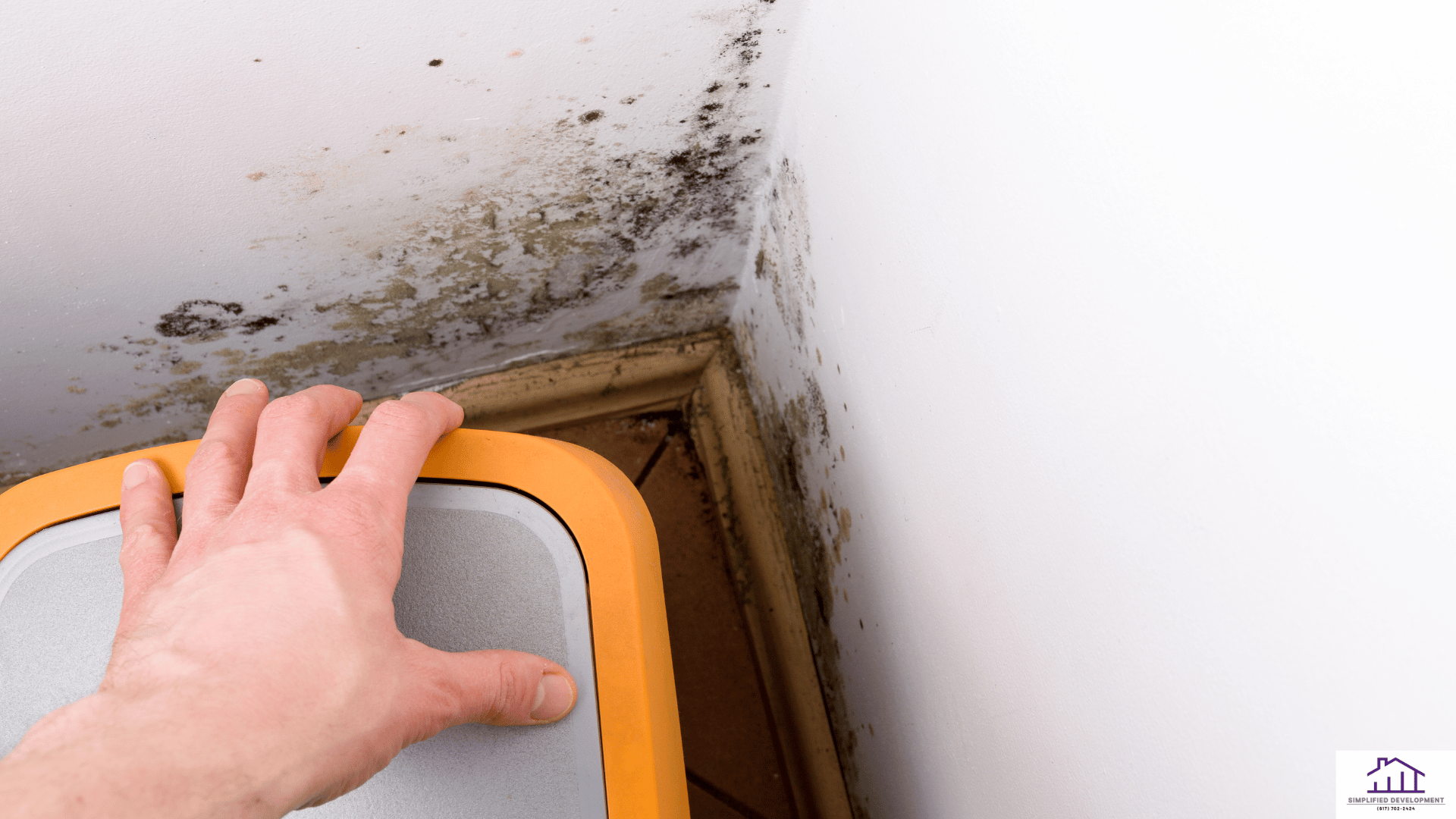Thank you for visiting!
Can Roofing Be Done in Winter?

When it comes to roofing, many homeowners assume that winter is a no-go due to cold temperatures and inclement weather. However, roofing can indeed be done in winter, and in some cases, it might even be advantageous. Here’s what you need to know about winter roofing projects.
1. Advantages of Winter Roofing
Off-Season Discounts
One of the primary benefits of opting for a winter roofing project is the potential for cost savings. Since winter is typically the off-season for roofing contractors, you might find more competitive pricing. Contractors are often looking for work during this slower period, which can lead to discounts and more flexible scheduling.
Faster Project Start Times
During the busy summer and fall months, roofing contractors can be booked weeks or even months in advance. In winter, there is generally less demand, so you may be able to start your project much sooner. This can be particularly beneficial if you have an urgent roofing issue that needs immediate attention.
2. Challenges of Winter Roofing
Weather Conditions
The biggest challenge with winter roofing is the weather. Cold temperatures, snow, and ice can complicate roofing work. Roofing materials, particularly asphalt shingles, can become brittle and harder to work with in the cold. Additionally, snow and ice can make roofs slippery, increasing the risk of accidents.
Shorter Workdays
Winter days are shorter, which means less daylight for contractors to complete the work. This can potentially extend the duration of the project. However, experienced roofing contractors will plan accordingly and ensure that the project stays on schedule.
3. Tips for Successful Winter Roofing
Choose the Right Materials
Certain roofing materials are more suitable for winter installations. For example, metal roofs are less affected by cold temperatures compared to asphalt shingles. Discuss with your contractor which materials will perform best in winter conditions.
Ensure Proper Installation
Proper installation is crucial for any roofing project, but it’s especially important in winter. Cold weather can affect the adhesive properties of shingles, so it's vital that they are installed correctly to prevent issues like wind damage or leaks. Make sure you hire a reputable and experienced contractor who is familiar with winter roofing challenges.
Monitor the Weather
Keep a close eye on the weather forecast. It’s important to plan the roofing project during a stretch of relatively mild weather, if possible. Avoid starting the project right before a major snowstorm or severe cold snap.
4. Safety Considerations
Contractor Experience
Ensure that the roofing contractor you choose has experience with winter roofing. Winter conditions require specialized knowledge and equipment to ensure safety and quality. An experienced contractor will know how to handle the challenges posed by cold weather and icy conditions.
Worker Safety
Safety is paramount in any roofing project, but it’s even more critical in winter. Contractors should use proper safety gear and take precautions to prevent falls and other accidents. This includes using harnesses, securing ladders, and regularly clearing ice and snow from the work area.
Conclusion
While winter roofing comes with its own set of challenges, it is entirely feasible with the right preparation and experienced contractors. The potential for off-season discounts and faster project timelines can make winter an attractive time for roofing projects. By choosing appropriate materials, ensuring proper installation, and prioritizing safety, you can successfully complete a roofing project in winter. Always consult with professional roofing contractors to determine the best approach for your specific needs and conditions.











